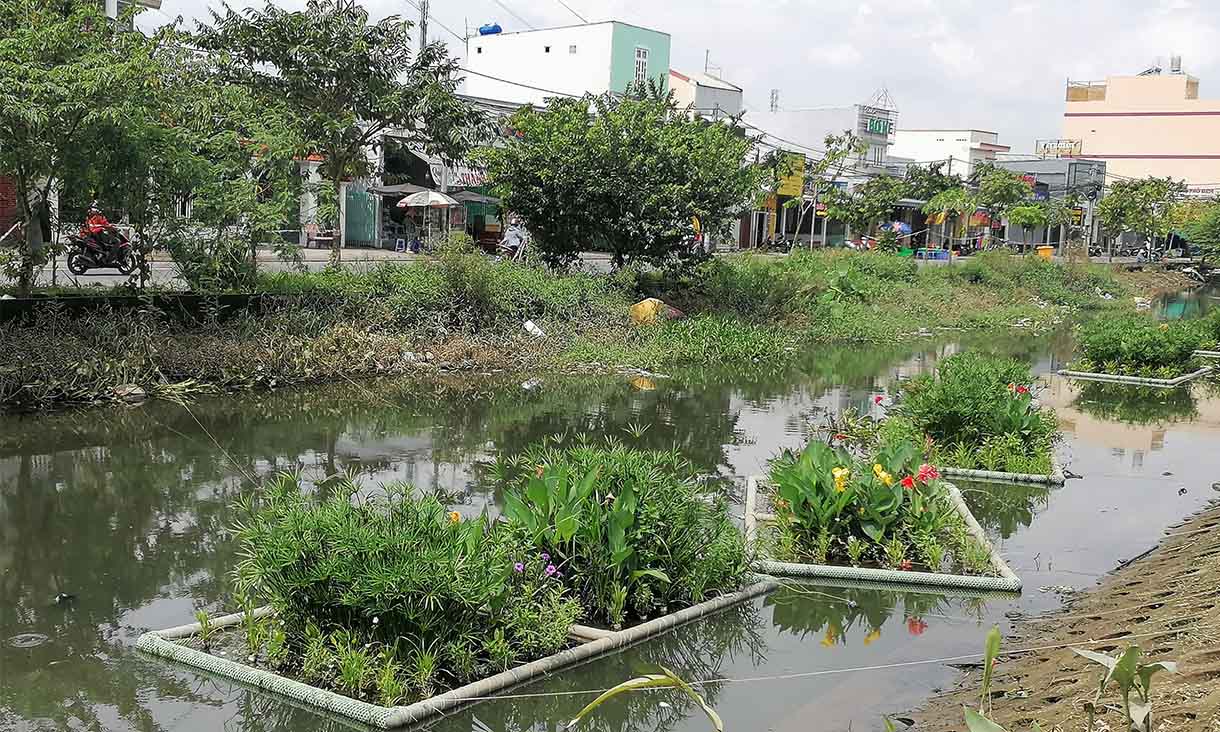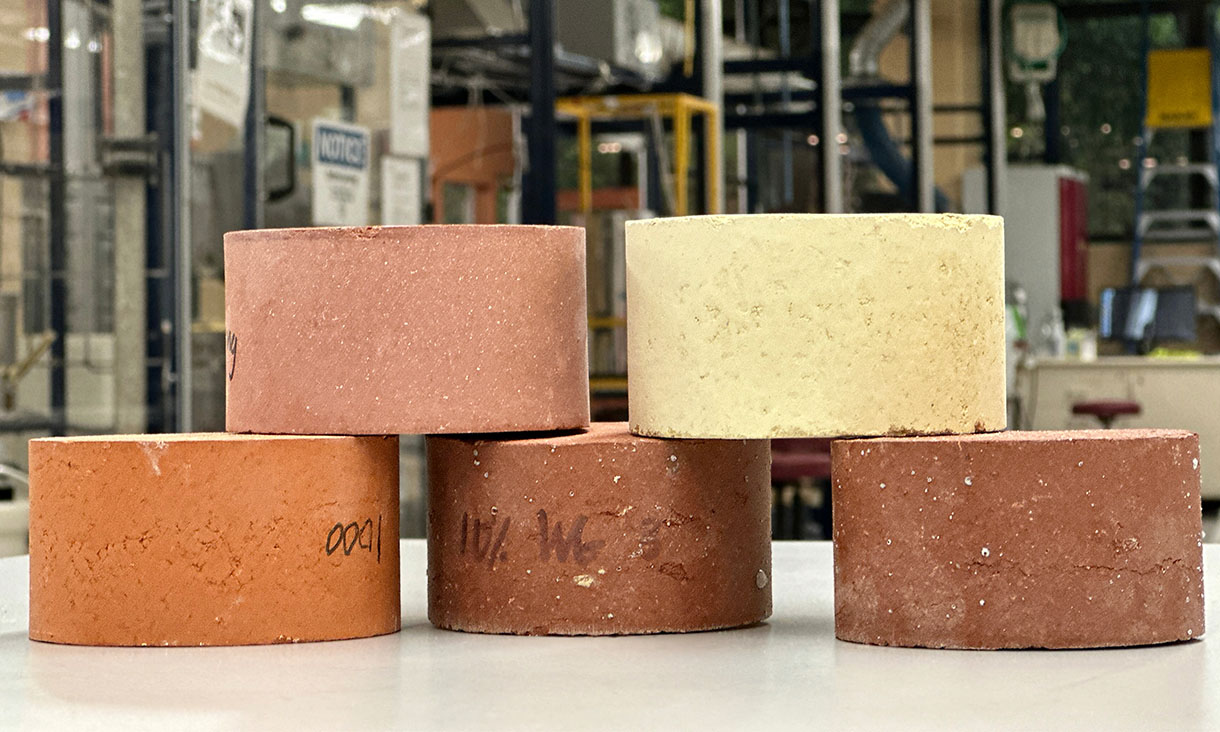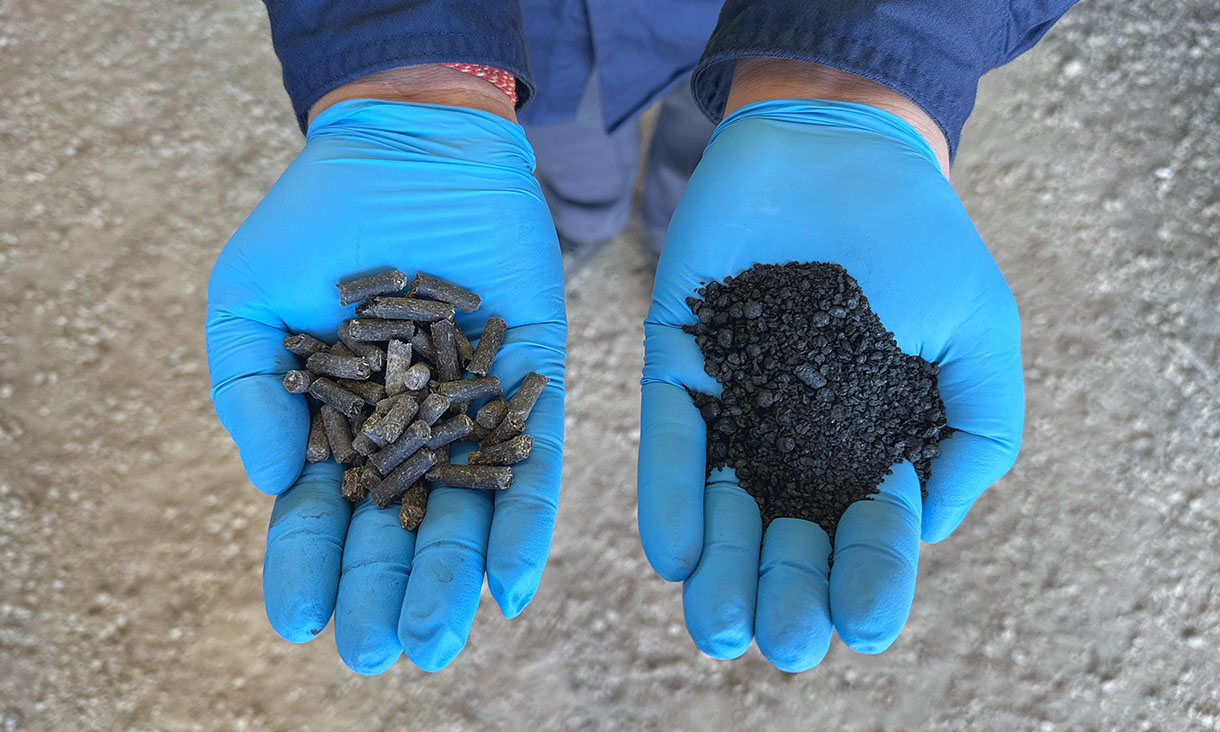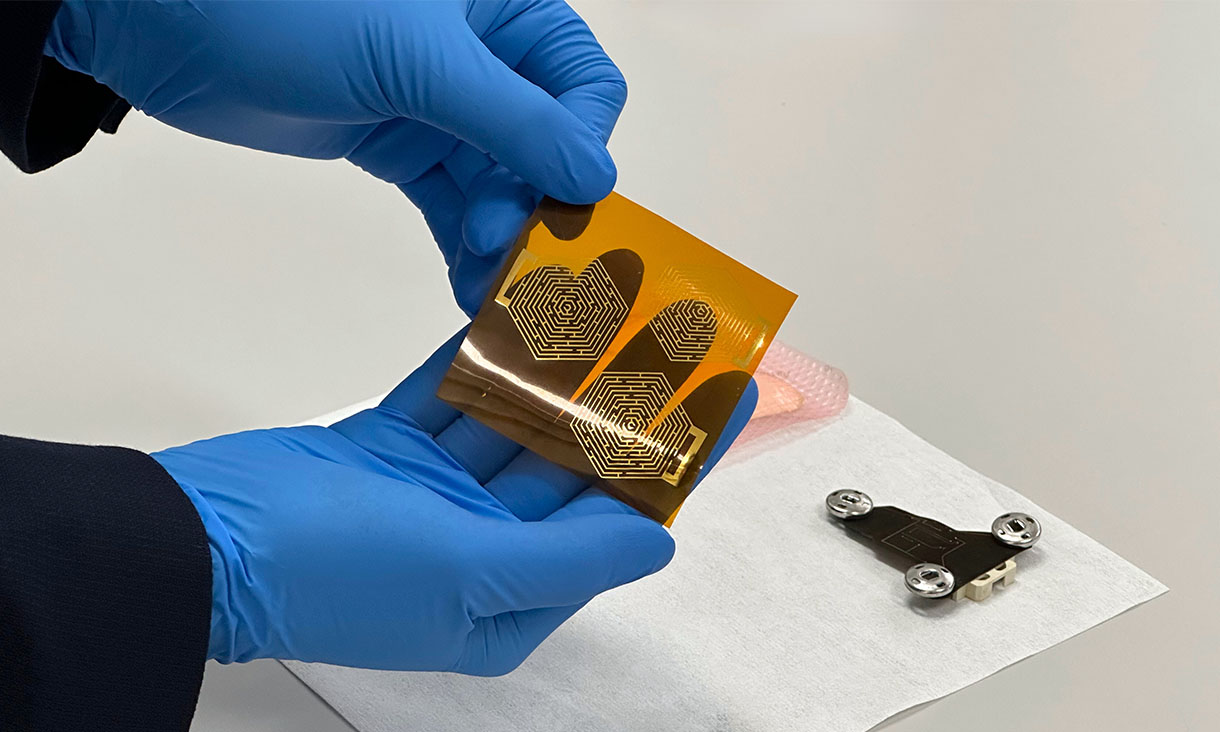Turning to nature to improve vital water treatment
RMIT has led an international team exploring nature-based water treatment solutions in urban areas in Vietnam, Sri Lanka and the Philippines.
Energy-smart bricks keep waste out of landfill
Engineers have invented energy-efficient bricks with scrap materials, including glass, that are normally destined for landfill.
Aussie innovation turns waste into energy ‘gold’
New technology that turns waste into reusable goods for energy and agricultural applications is a step closer to commercialisation, following rigorous trials.
Wearable heart monitor ticks all the boxes for better healthcare: study
A new compact, lightweight, gel-free and waterproof electrocardiogram (ECG) sensor offers more comfort and less skin irritation, compared to similar heart monitoring devices on the market.
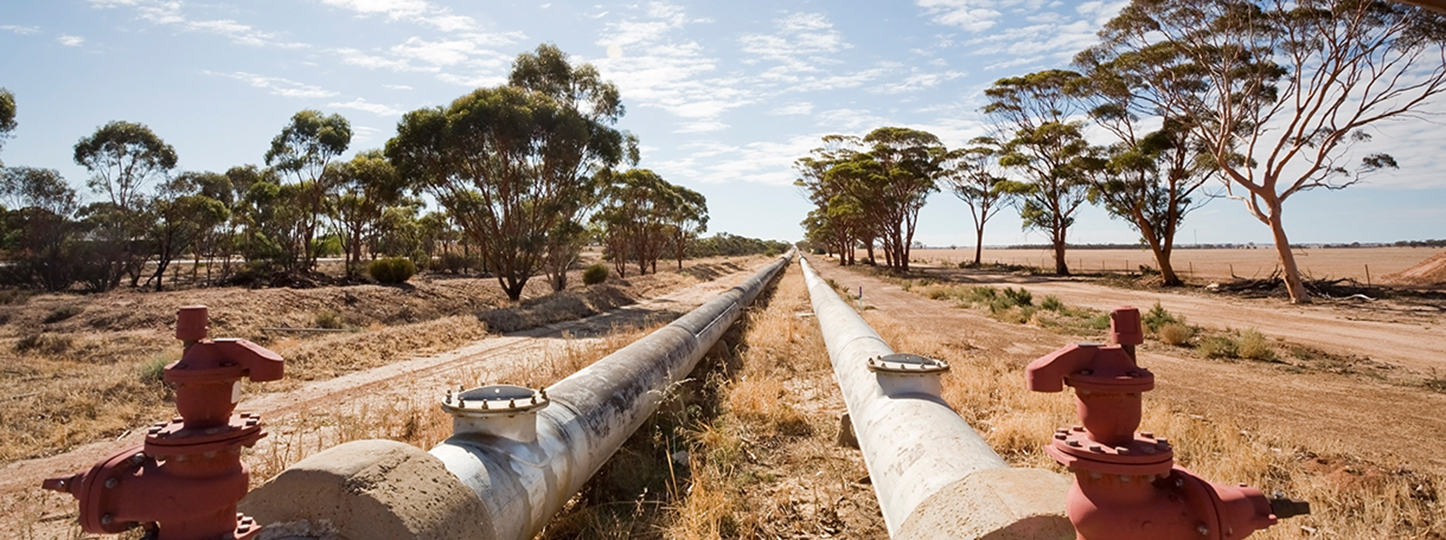


.png)
